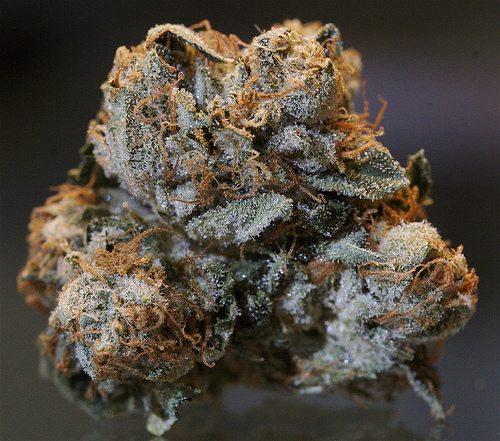The following is a press release from Coalition to Preserve Arkansas Values.
The Coalition to Preserve Arkansas Values filed a lawsuit with the Arkansas Supreme Court today, asking the court to remove a medical marijuana proposal from the November ballot. Coalition members include Larry Page of the Arkansas Faith and Ethics Council, Jerry Cox of the Family Council Action Committee, Bill Wheeler and Alan Talburt of Families First Foundation, and Bob Hester of the Arkansas Family Coalition.
Jerry Cox, President of Family Council Action Committee and one of the plaintiffs in the lawsuit, issued a statement saying that the ballot proposal is legally insufficient.
“This ballot proposal is one hundred percent illegal under federal law,” Cox said. “Marijuana is illegal because of federal statute passed by Congress. Only the federal government can change that. The Arkansas Constitution and the United States Constitution both prevent Arkansas from passing laws that blatantly defy federal law.”
“This measure has little to do with compassionate care. If medical marijuana proponents had the best interests of patients in mind, they would lobby Congress to pass a legal measure that would let the medical community test marijuana for health applications. They would let the FDA prescribe unified treatment and dosing standards. That’s what the American Medical Association thinks they should do, and I’m inclined to agree.”
Cox went on to say the measure is vaguely worded and the ballot title is misleading. “This proposal is far-reaching. It has a lot of unintended consequences not specifically spelled out in the legislation. It lets medical marijuana users grow their own marijuana at home. It does not require marijuana to be dispensed through a pharmacy. If you think about it, it’s harder to get Sudafed than marijuana under this measure.
“We’re talking about a ballot proposal that’s well over eight thousand words long and deals with everything from private medicine to criminal law to family law to employment law and even to apartment leases. When they get to the voting booth, the average voter won’t have time to read the measure in its entirety, nor will they have the legal expertise necessary to cast an informed vote.”
Cox said he hopes the Arkansas Supreme Court will recognize the legal insufficiencies inherent in the measure and remove it from the November ballot. “The democratic process is part of what makes America great, but we should not be in the business of hoodwinking voters into passing complex measures that blatantly defy federal law. That’s wrong. I hope the court will recognize just how flawed and misleading this measure really is.”
“This proposal is bad law based on bad science,” said Larry Page, Director of the Arkansas Faith and Ethics Council. “If, in fact, there are components, such as THC, in marijuana that prove to have medical applications, there are safer, saner, and more effective ways to deliver those components that have been developed and are in the process of being developed. Use of these alternative methods to deliver any medical benefits in marijuana’s components will avoid the considerable downsides to smoking marijuana, such as addiction, respiratory problems, and mental impairment.”
Page added, “In those states where medical marijuana laws have been enacted, the enforcement of criminal laws related to the illegal marijuana trade have been frustrated and rendered largely ineffective. California and Colorado are two such states. One need only hear from some of those state’s law enforcement officials to understand the scope of the problems. Should it become law, the terms of this medical marijuana initiative will produce similar headaches for our law enforcement personnel.”
###





Chris
WBS
M